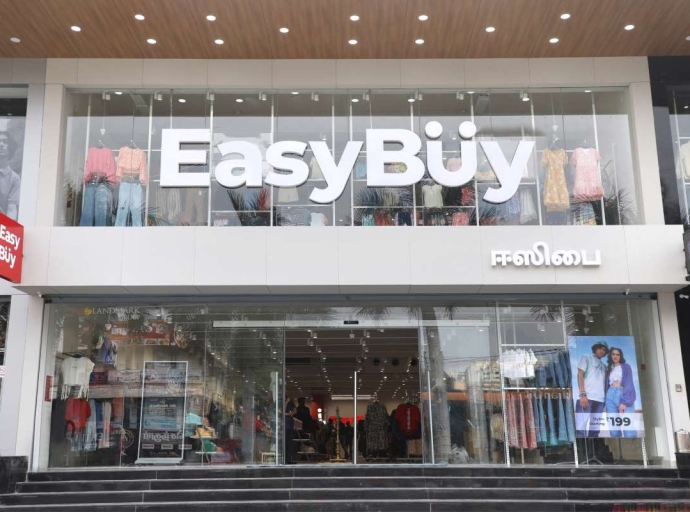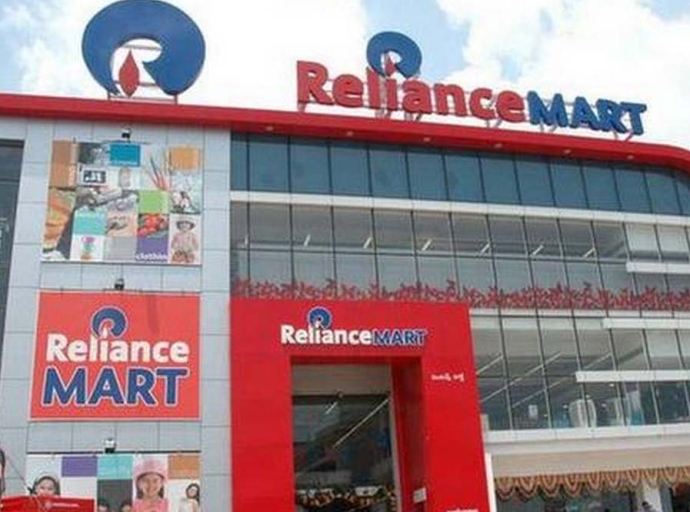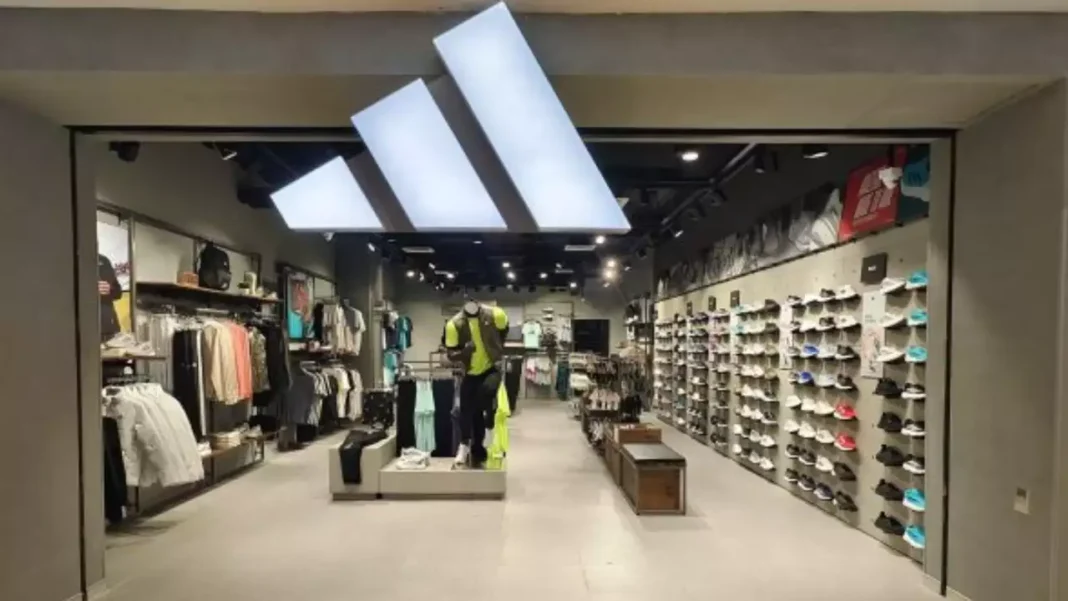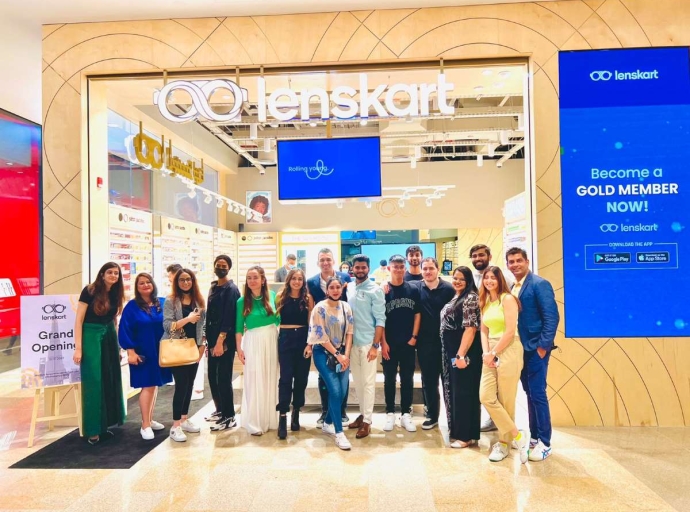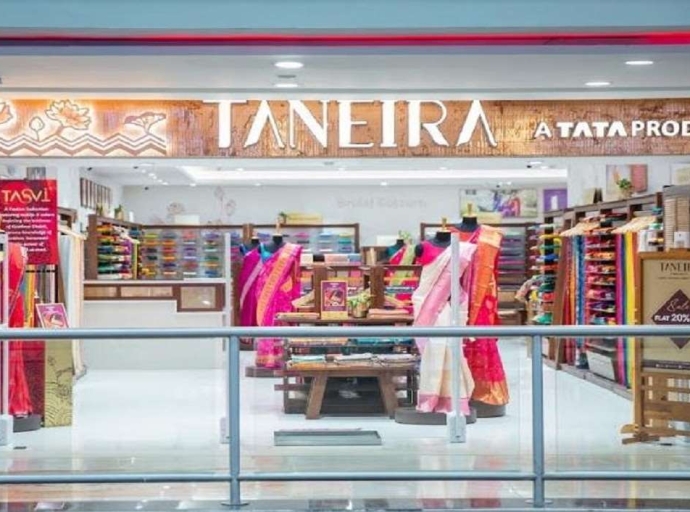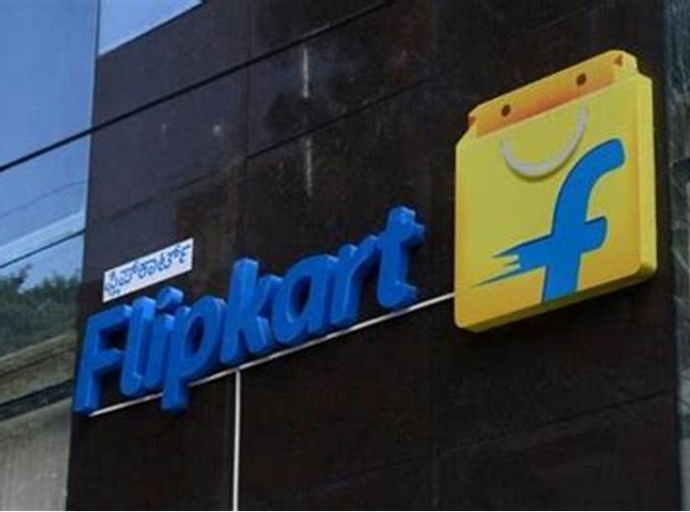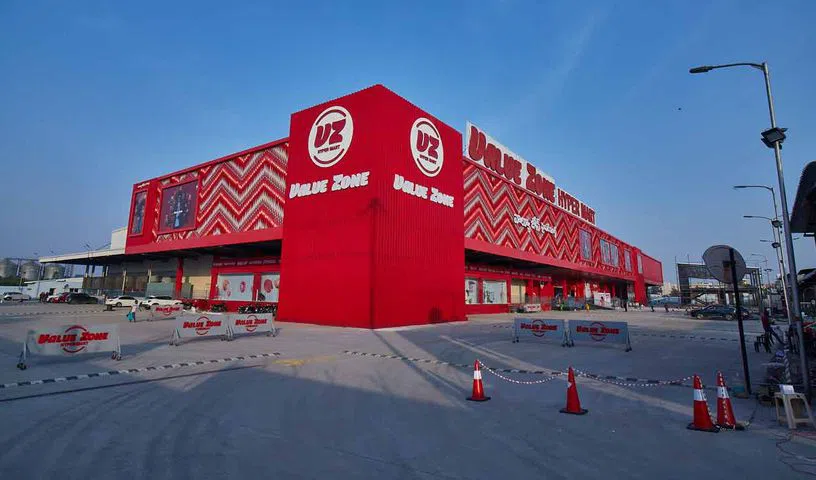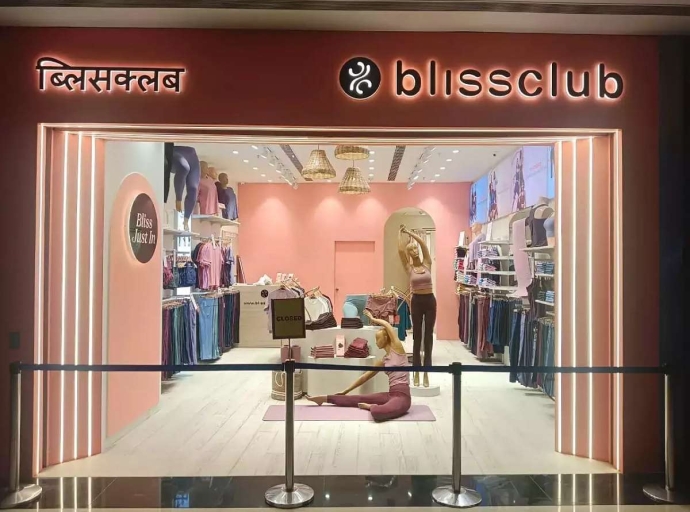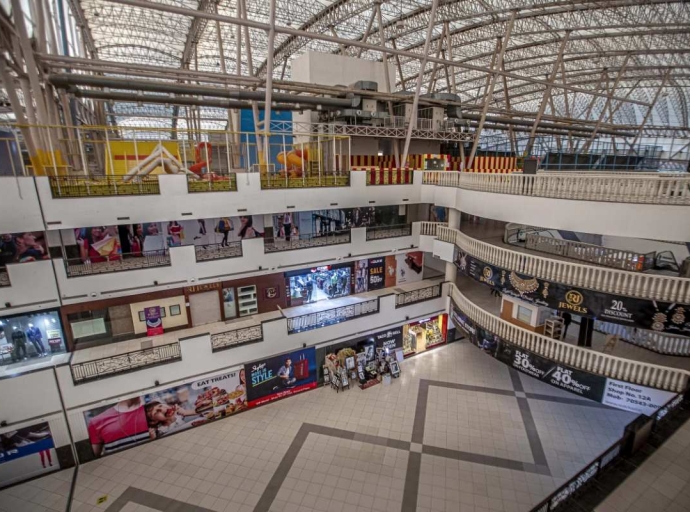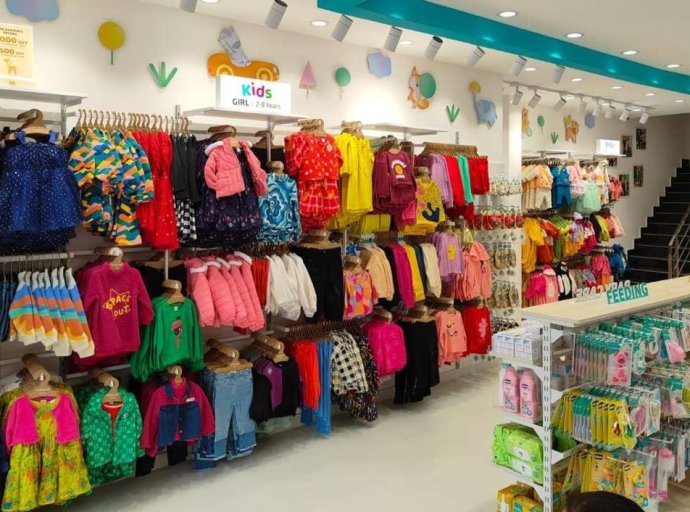30 December 2023, Mumbai
In the dynamic landscape of Indian apparel retail, 2023 unfolded as a tale of contrasts, with both challenges and opportunities shaping the industry. Rising consumer confidence and the resilience of certain segments offered a glimmer of hope, while inflation and evolving consumer priorities demanded adaptability from brands.
This comprehensive overview dissects the intricate canvas of the year, analyzing the performance of premium, mid-segment, and economy segments amidst economic headwinds and shifting consumer behavior.
Inflation Pinches Margins: The year saw a pervasive impact of inflation on apparel retailers as global disruptions and domestic pressures led to soaring raw material costs, expensive transportation, and increased operational expenses. Despite an estimated revenue increase of 8-10% for organized retailers, profit margins remained under pressure, challenging the financial resilience of the industry.
Shifting Sands: Consumer Priorities Reshuffled: Post-pandemic shifts in consumer priorities became evident in 2023, with wellness, experiences, and financial security taking precedence over discretionary purchases like apparel. This reshuffling of priorities, especially prominent among younger generations, forced brands to rethink their strategies and reimagine the value they provide to consumers.
E-commerce Plateau: The Online Buzz Subdues: The meteoric rise of online shopping plateaued in 2023 as consumers, yearning for personalized experiences and physical touchpoints, increasingly favored brick-and-mortar stores.
This shift prompted the need for omnichannel strategies that seamlessly blended online convenience with offline engagement, highlighting the importance of a holistic retail approach.
Threads of Hope: Bright Spots Emerge: Amidst the challenges, certain sectors found fertile ground for growth. The athleisure trend gained prominence, with brands like Decathlon and Nykaa Fashion's activewear line witnessing a surge in demand, reflecting a shift towards comfort and functionality.
Direct-to-consumer (D2C) disruption continued to thrive, as brands like Myntra's private labels carved a niche through personalized experiences, competitive pricing, and trendy collections.
Sustainability also emerged as a key differentiator, with brands like Fabindia and Anita Dongre resonating with conscious consumers by embracing eco-friendly materials, upcycled clothing, and ethical production practices.
Premium Podium: A Tale of Continued Elegance: In the luxury and premium segment, resilience was the hallmark of success and few brands focusing on exclusivity and exquisite craftsmanship, experienced sustained growth.
Data from Edelweiss Securities indicated a 12-15% growth in this segment, fueled by strong demand for bridal wear and personalized experiences.
Mid-Segment Squeeze: Finding Foothold in Fluid Ground: The mid-segment, the backbone of the Indian apparel market, grappled with the double whammy of inflation and changing priorities. Brands faced significant margin pressure due to rising costs, and consumers shifted spending towards essential goods and experiences.
Adapting to inflationary pressures, optimizing supply chains, and offering value-driven propositions became crucial for brands navigating this challenging segment.
Economy Echo: Resilience in the Face of Headwinds: The economy segment, catering to budget-conscious consumers, demonstrated remarkable resilience.
Aggressive discounts and promotions helped clear excess inventory, and data from Technopak suggested a flat to marginal growth in 2023. To thrive in this space, focusing on affordability, local sourcing, and embracing digital platforms became key strategies for brands.
Looking Ahead: Stitching a Resilient Future: As the Indian apparel retail sector stands at a crossroads, adapting to evolving consumer preferences, navigating economic uncertainties, and leveraging technology will be paramount for success.
Sustainability, omnichannel integration, and a focus on Tier-2 and Tier-3 cities hold immense potential for growth. By stitching together these threads with agility and innovation, the Indian apparel retail sector can navigate the challenging landscape and weave a vibrant future in the years to come.
Latest Textile Events

